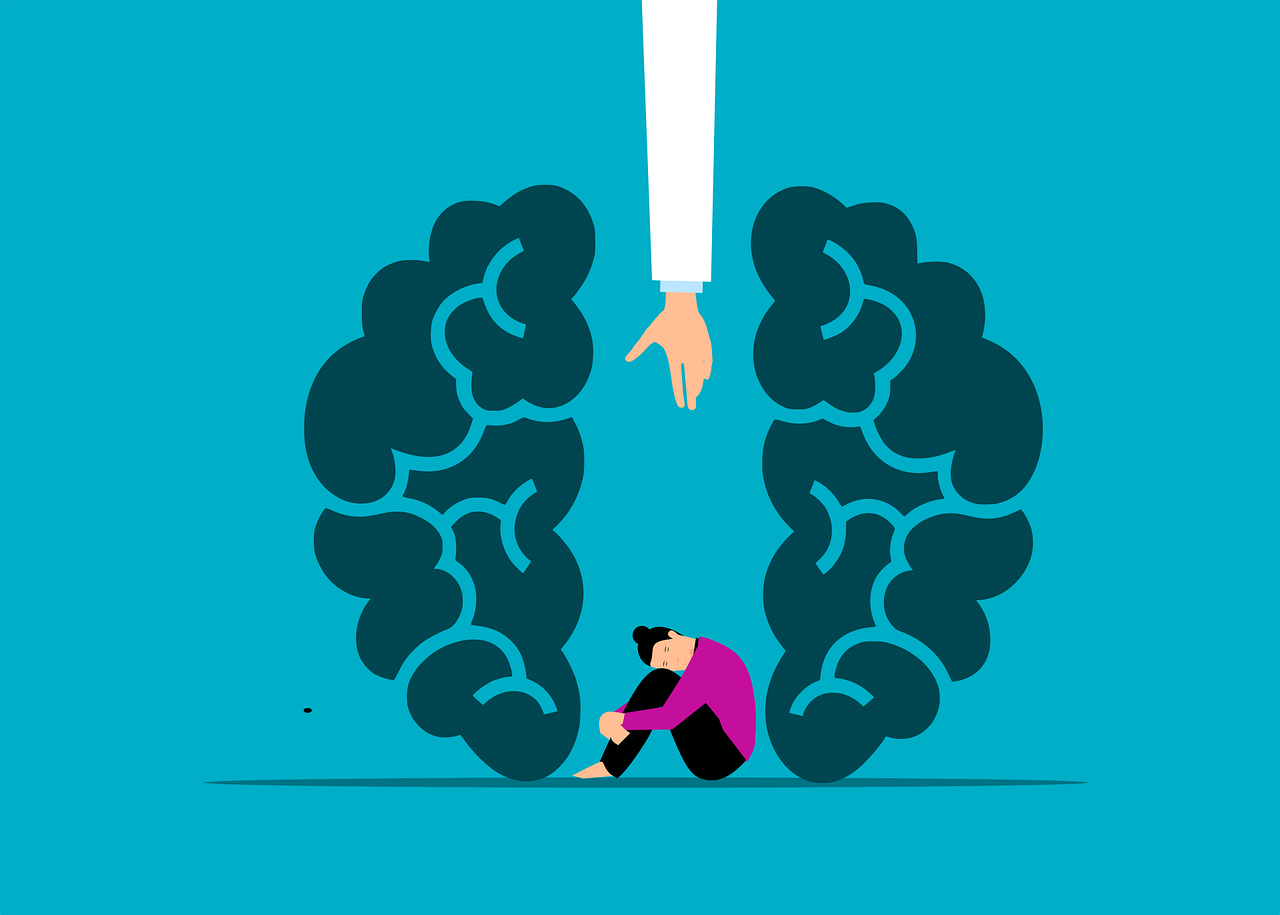
THE UAE LEADS WITH PIONEERING MENTAL HEALTH LAW: A NEW DAWN FOR WELLNESS
08 April 2024
Shuchi Goel
In a revolutionary step in mental
health care; The UAE has positioned itself at the forefront of mental health
innovation with the implementation of Federal Law No. 10/2023, a piece of
legislation that marks a paradigm shift in the approach to mental health care
Dubai: This law not
only recognizes the importance of mental health but also lays down a robust
framework for the assessment, treatment, and care of individuals with mental
health conditions, underpinning the nation's commitment to fostering a
supportive and inclusive society.
Deep Dive into the
Mental Health Law
The law's introduction is a
critical development, signifying a holistic approach to mental health that
transcends traditional care models. Article 1 of the law defines 'Mental
Health' as a holistic state of well-being, emphasizing psychological and social
stability that empowers individuals to achieve their goals and overcome life's
adversities. 'Mental Disorder' is meticulously defined, acknowledging conditions
that impact mental faculties and diminish individuals' ability to function in
social, occupational, or educational capacities, or that cause significant
distress. The term 'Psychopath' is introduced with sensitivity, referring to
individuals diagnosed with mental disorders according to global psychiatric
standards.
Envisioning the
Objectives
With a clear set of objectives
outlined in Article 2, the law aims to organize and refine interactions between
individuals with mental disorders and society at large. It stresses the
provision of high-quality medical care, the protection of rights and dignity,
the reduction of the negative impacts of mental health issues, and the
encouragement of community participation of those with mental health
conditions. These goals underscore a shift towards a more inclusive,
understanding, and patient-centric approach to mental health care.
Licensing,
Registration, and Oversight Mechanisms
A significant aspect of the law
is the introduction of licensing requirements for mental health services under Article
4, ensuring they adhere to predetermined standards. This, coupled with the
establishment of a registry for individuals with mental health conditions, aims
to standardize care and maintain high-quality service provision. Article 6
provides for the Control and Follow-up Committee, introduced in each Emirate,
plays a pivotal role in overseeing the implementation of the law, from
compulsory admissions to treatment approvals and compliance checks, ensuring a
balanced and rights-respecting approach to mental health care.Additionally,
Article 8 emphasizes the need for prompt decision-making by the Committee and
grants authority to the director of the Mental Health Facility to take action
if the Committee's decision is delayed.
Empowering Patients
through Rights
A cornerstone of the law is the
comprehensive outlining of patient rights under Article 9 to Article 11, from
the right to informed consent and involvement in therapeutic plans to the
protection of civil liberties and privacy. Special provisions are made for
minors, taking into account their age and psychological state, thus ensuring
that the most vulnerable are safeguarded. The establishment of a Patients’
Rights Committee under Article 12-15 is
a testament to the law's commitment to uphold these rights, offering a recourse
for complaints and grievances.
Admission, Treatment,
and Care Protocols
The law meticulously details the
procedures for both voluntary and compulsory admissions, emphasizing the
respect for patient autonomy and the conditions under which compulsory care may
be necessitated. The introduction of compulsory outpatient therapeutic care is
a novel approach, allowing for continued treatment in a less restrictive
environment, thus balancing the need for care with respect for personal
freedom.
Enhancing Treatment
and Confidentiality
Treatment protocols under the law
are designed with flexibility, allowing for necessary interventions while
prioritizing consent and patient involvement. The confidentiality of treatment,
especially for addiction, is protected, encouraging individuals to seek help
without fear of legal repercussions. This provision is particularly impactful,
breaking down barriers to treatment and fostering a culture of openness and
support.
Legal Framework and
Penalties
The law does not shy away from
establishing a strict legal framework to protect individuals with mental health
conditions from abuse, neglect, or exploitation. Penalties for violations are
clearly defined, ranging from fines to imprisonment, underscoring the
seriousness with which the UAE views the protection of individuals with mental
disorders.
In Conclusion
The introduction of Federal Law
No. 10/2023 represents a forward-looking approach to mental health care in the
UAE, one that prioritizes the rights, dignity, and well-being of individuals
with mental health conditions. By establishing a comprehensive framework for
care, the law not only addresses current needs but also lays the groundwork for
future advancements in mental health care, ensuring that the UAE remains a
beacon of innovation and inclusivity in the field.
ALKETBI TOUCH:
Our team of professionals is can offer
valuable insights into the opportunities and challenges presented by the new
regulatory landscape. Our guidance not only helps companies mitigate risks but
also enhances their reputation and competitiveness in the market. If you
request further guidance or you have concerns and queries, Let us know!
Latest News



05/23/2025
Gandhi AlMinaj

05/18/2025
Mustafa Salaheldin Eltahir






